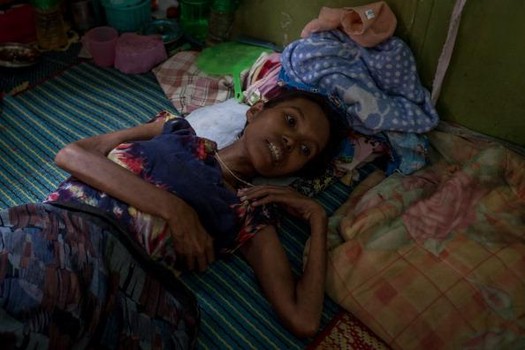A study published in The Lancet Global Health has found a link between an extra year of formal education and HIV prevalence in Botswana.
The study, conducted by a research team based at the Harvard T.H. Chan School of Public Health, Boston University and the Botswana Harvard Partnership, found that an extra year of secondary school reduces the risk of acquiring HIV especially amongst girls.
As at 2013, in Botswana about 22% of people aged between 15 and 49 were HIV positive.
Jacob Bor, assistant professor of Global Health at Boston University explained that the study was conducted “using data from about 7 000 people who participated in Botswana’s Aids Impact Surveys, our research compared those who were young enough to have benefited from the school reform with those who were not. It looked at their HIV status about a decade after finishing school.
“From this, it emerged that spending the additional year in secondary school lowered the risk of HIV infection among students by about a third a decade later.”
The study recommended that improving access to secondary schooling should be considered alongside circumcision and treatment as prevention as mainstays in combination HIV prevention strategies in countries where there is a high prevalence of HIV.



Leave a Reply